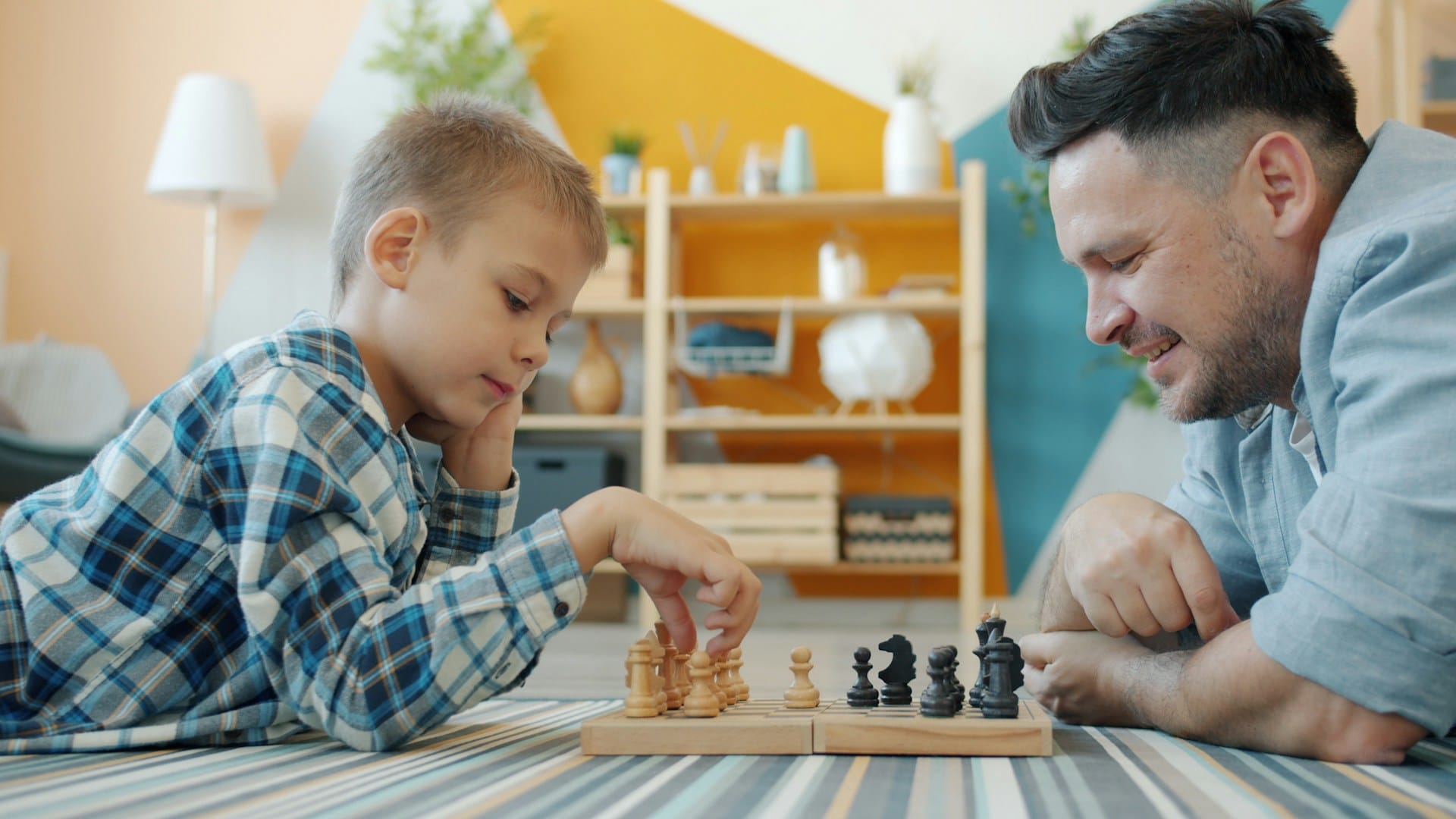One of the things we learn early in life is how to press on when things go sideways and don’t work out as expected. These lessons are learned as we first learn how to walk, communicate, ride a bicycle, or work through math problems.
As we grow older, we learn this through relationship conflict and even loss of loved ones. These hardships don’t destroy you if you embrace them and take them in stride. They can help forge your emotional and psychological resilience.
All this is a roundabout way of saying that when you’ve gone through something as life-changing as a divorce, whether that divorce was acrimonious or civil, there is life beyond it. Part of what life holds after a divorce is the possibility of dating and entering another committed relationship with someone. Frisco Christian Counseling can help guide you through this transition, offering support as you heal and prepare for new relationships.
How does divorce affect a person?
It may be tempting to get back on the horse as soon as possible after a divorce and to start dating again. However, the loss of a loved one through divorce is a loss, and loss affects people in profound ways. Sometimes, that loss can surprise you by moving you to tears, or even to anger. This is grief working its way through you as you process what you’ve been through.
In addition to grief, divorce also affects you by altering your living situation as well as your economic status in many cases. You may have had two incomes and one household to maintain, but a divorce can be expensive and splits the family’s income between two households. This is to say nothing of the challenge of changing your life trajectory because of the divorce, or the feelings of embarrassment, guilt, or regret that may surface.
Depending on if you’re the one who initiated the divorce or the recipient of it, divorce may also bring about feelings of shock, betrayal, anger, resentment, and blame. Divorce also commonly happens because of disillusionment and unmet expectations that may have been unrealistic.
As a result, by the time a person initiates a divorce, they may be disillusioned with marriage itself because of their experiences. If domestic violence or substance abuse was at the root, that too takes its toll on a person as the partner enduring such unhealthy behaviors.
When you’re considering dating after divorce
 There is no set timeframe for when a person is ready for dating after they get divorced. Your journey is a unique one, but processing your emotions and experiences will take time. the process itself of getting divorced can take a while as it goes through the courts, especially if there are issues such as custody or the division of assets that need to be worked out.
There is no set timeframe for when a person is ready for dating after they get divorced. Your journey is a unique one, but processing your emotions and experiences will take time. the process itself of getting divorced can take a while as it goes through the courts, especially if there are issues such as custody or the division of assets that need to be worked out.
It takes time after all this is said and done for you to rebound and gain a sense of yourself in this new season of life, particularly if you need to work through denial about what happened. If you’re considering dating after your divorce, a few things to keep in mind include the following:
Make well and truly sure that the divorce is finalized
It can be tempting to start dating before the divorce is finalized. The process can take a while, and your impatience and frustration can build up. However, dating while you’re not yet divorced adds complications, not least your own journey of processing what’s happening which can get short-circuited.
Pursue your ongoing healing
Take an inventory and ask yourself where you are at, and what role you see dating fulfilling in your life. Do you have the emotional capacity to date at the moment?
In addition to questions such as these, it also matters to ask questions such as what your marriage and divorce taught you about yourself, relationships, and marriage. It’s entirely possible to learn the wrong lesson from your experiences.
For instance, many marriages come to an end due to unrealistic expectations about how it’ll be and how you’ll live with your significant other. The wrong lesson to glean from this, for instance, is that you shouldn’t have any expectations.
Divorce also happens because of infidelity, and this can cause serious trust issues. You need to take the time to heal from this, as you can take those trust issues and resentment into other relationships, damaging them in the process. Take the time you need to work through your feelings of anger, betrayal, shock, resentment, fear, or lack of trust, as you don’t want the people you date to bear this burden.
You should talk with a Christian counselor at Frisco Christian Counseling, to work through these complex emotions as you journey back into dating. Your counselor can help you unpack what you experienced throughout your marriage and in the course of divorce and guide you as you process and glean what it means for you moving forward.
They can also help you identify and unlearn any unhealthy patterns of thinking and behavior, replacing these with healthy ones.
Prepare for changes
For instance, if you have children, have a game plan about how that’ll work with a dating life. You should also consider that the dating scene may have shifted considerably since the last time you went out on one.
Dating apps and platforms, the terminology people use to describe various relationships and situations, and what people are looking for out there change over time, and you need to come up to speed with these changes.
Additionally, consider that you may have changed – after all, you’ve been through a marriage and a divorce, and such experiences don’t leave you without marking you in some way.
Give yourself grace
Dating again after a divorce may or may not be like riding a bike, but these things are difficult even for people who have never left the dating pool. Give yourself time to figure things out, to make mistakes, and to continue growing as a person.
“Succulents”, Courtesy of Vicky Tran, Pexels.com, CC0 License
- Jennifer Kooshian: Editor
Jennifer Kooshian lives in the Upper Peninsula of Michigan with her husband of 32 years on a small homestead near Lake Superior. They have five adult children and one grandson. She also has an ever-changing number of chickens, a mellow old cat, and a...
DISCLAIMER: THIS ARTICLE DOES NOT PROVIDE MEDICAL ADVICE
Articles are intended for informational purposes only and do not constitute medical advice; the content is not intended to be a substitute for professional medical advice, diagnosis, or treatment. All opinions expressed by authors and quoted sources are their own and do not necessarily reflect the opinions of the editors, publishers or editorial boards of Stone Oak Christian Counseling. This website does not recommend or endorse any specific tests, physicians, products, procedures, opinions, or other information that may be mentioned on the Site. Reliance on any information provided by this website is solely at your own risk.





